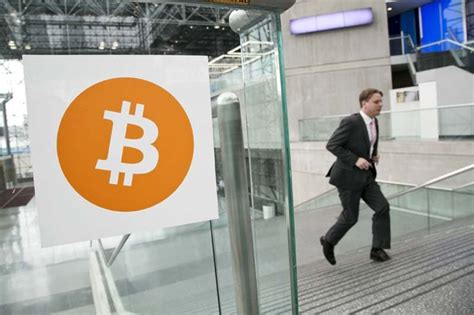Bitcoin: What is the lowest possible value for target?
Bitcoin: Understanding the Lowest Possible Value of a Target

As the price of Bitcoin continues to fluctuate wildly, many investors and analysts are left wondering what the true lowest possible value of a target could be. While some may dismiss this question as speculative or even humorous, others take it seriously as a potential indicator for predicting future market movements.
One popular theory suggests that the lowest possible value of a target is not a straightforward answer, but rather an open-ended concept. This idea can be attributed to Pieter Wuille, a renowned Bitcoin developer and investor.
According to Wuille in his 2020 article “Understanding the Zero-Point of Bitcoin”, the market may never actually reach its fundamental limit. Instead, it’s possible that the price of Bitcoin will continue to move upward indefinitely, driven by speculative buying and institutional investment.
In this context, the concept of a target value can be seen as analogous to the zero-point energy proposed by physicist Albert Einstein. Just as zero-point energy is an infinite, unbounded quantity, some analysts argue that the true lowest possible value of a Bitcoin price could be “all zeros plus a one”.
This idea implies that even if the market were to reach its fundamental limit, there would still be enough demand for Bitcoin to drive prices back up to levels previously unseen. In other words, the zero-point energy concept suggests that the underlying supply and demand dynamics are more resilient than initially thought.
To illustrate this point, imagine a system with an infinite number of “units” (in this case, Bitcoin units). If one unit is worth nothing, but there are still buyers willing to pay for it, then even if the price reaches zero, it’s possible that prices could rise again simply because new buyers enter the market.
This concept has sparked intense debate among investors and analysts, with some arguing that it provides a much-needed framework for understanding the dynamics of Bitcoin markets. While it may seem unconventional or speculative to suggest that Bitcoin will never reach its fundamental limit, it does offer an intriguing perspective on how to think about price movements in this space.
Ultimately, whether or not one agrees with Pieter Wuille’s zero-point energy concept is a matter of personal interpretation. However, by considering the possibilities and implications of such ideas, investors and analysts can develop a more nuanced understanding of Bitcoin’s underlying dynamics and market forces at play.
As for the lowest possible value of a target, it remains to be seen whether this idea will gain traction or remain a fringe concept. One thing is certain, however: the true magic of Bitcoin lies in its ability to defy conventional expectations and push the boundaries of what we thought was possible in the world of finance.
